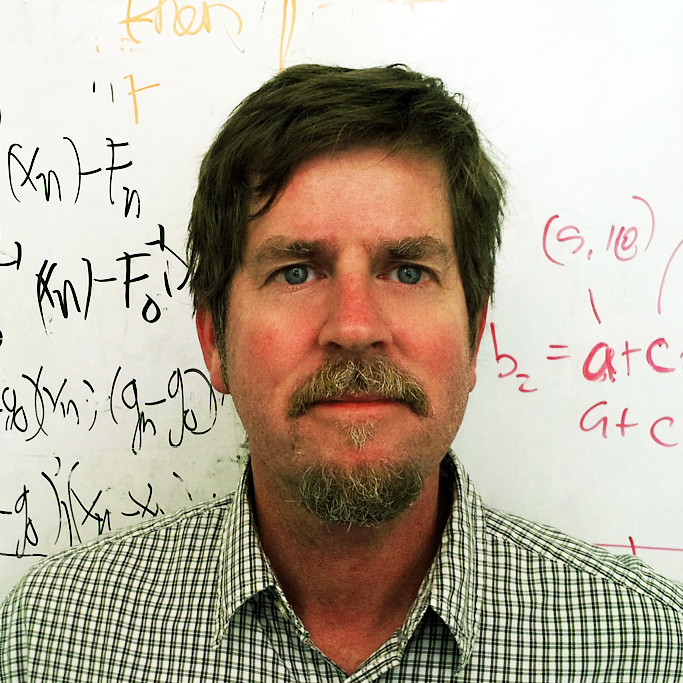Core E: Data Science And Laboratory Core
Summary
The Center investigators seek to understand potential health risks posed by complex exposure scenarios present at hazardous waste sites, using a novel ‘seeing the whole picture’ exposomic approach. Several of the proposed projects will use cutting-edge analytical chemistry, sequencing and other approaches to produce high-dimensional “omic” data with thousands of parallel measurements on a specific endpoint. These data will be analyzed to identify biological processes that are perturbed in complex environmental exposure scenarios. Several projects will rely on a carefully maintained biorepository of mammalian cell lines and biospecimens from human populations exposed to arsenic, benzene, formaldehyde, trichloroethene, and benzo(a)pyrene.
The Data Science and Laboratory Core (Core E) will support the data science, analytical chemistry and biospecimen processing and storage needs of the Center and is critical to the success of the program. Specifically, the Data Science component will support the acquisition, storage, analysis, and sharing of large, complex datasets through the development of tools, infrastructure and expertise. It will develop data-driven, machine-learning methods to find patterns in high-dimensional data sets in order to understand biological perturbations and potential health risks associated with exposures. As these methods require a lot of computing power, existing powerful Linux servers will be adapted to host and analyze the data. Core E leaders will work with the Berkeley Research Computing group to develop ways to annotate and share the data and analysis protocols with the project leaders and ultimately the greater scientific community. The Laboratory component will support the processing, storage and management of human biospecimens and cell lines, leveraging years of expertise in this area. It will innovatively connect with the Community Engagement Core B (CEC) to advise on the development of study protocols and to analyze arsenic, nitrate, chromium, pesticides, and chlorinated hydrocarbons in water samples, for the pilot Domestic Well Intervention Study of the CEC. By leveraging expertise from the research projects, the Laboratory component will enable the CEC and the Center as a whole to respond to community issues and needs, and pursue interventions to improve drinking water quality for affected communities. In conclusion, Core E is an integral and critical component of the overall program that supports the data science and laboratory needs of all projects and the CEC.
Core Leadership

David Sedlak, Ph.D.
Co-Leader
Malozemoff Professor in Mineral Engineering,
Co-director of Berkeley Water Center, and
Director of Institute for Environmental Science and Engineering (IESE), Civil & Environmental Engineering, College of Engineering

Alan Hubbard, Ph.D.
Co-Leader
Associate Professor, Biostatistics
Biostatistics, School of Public Health

Luoping Zhang, Ph.D.
Biorepository Director
Adjunct Professor, Environmental Health Sciences, School of Public Health